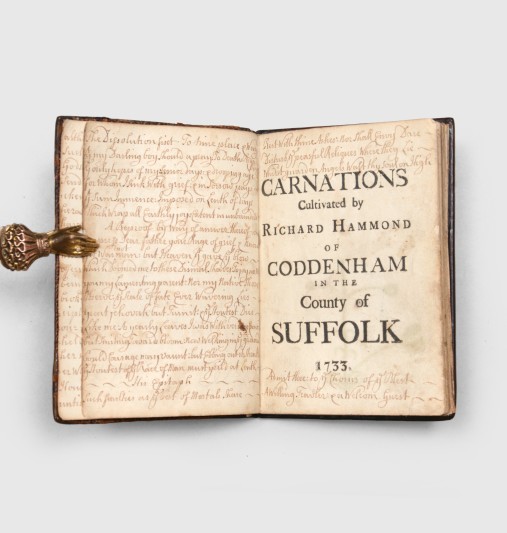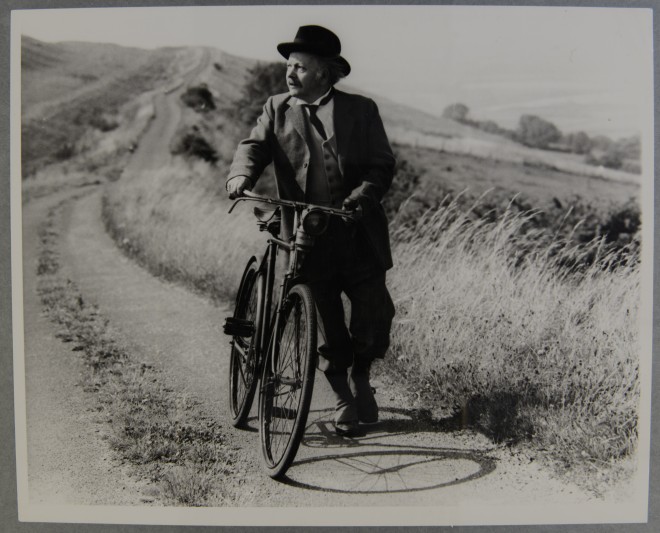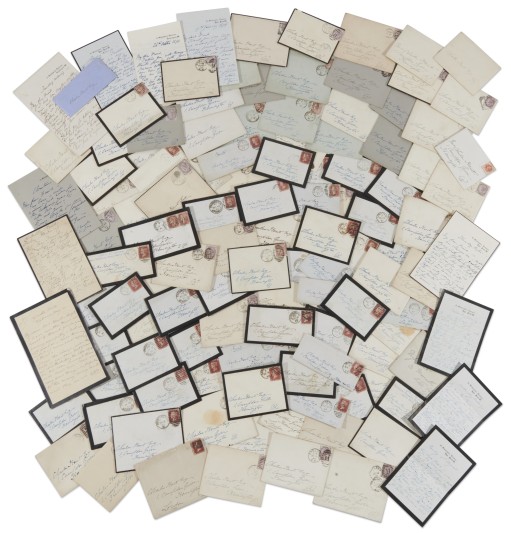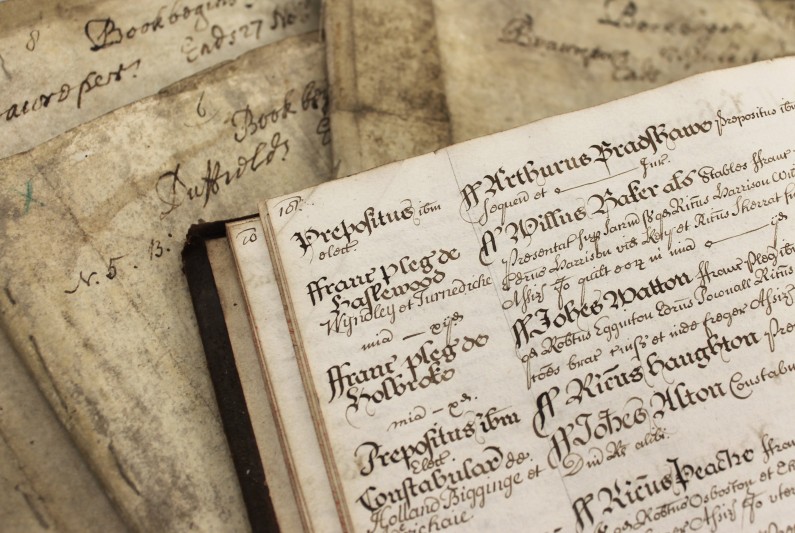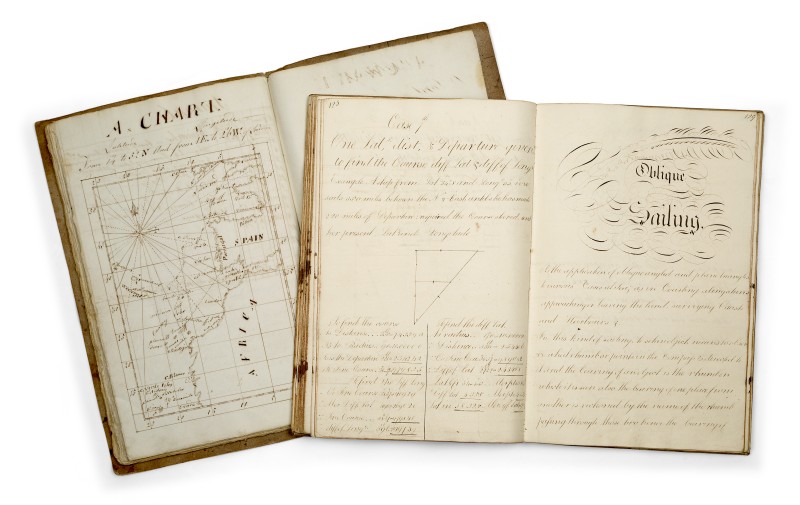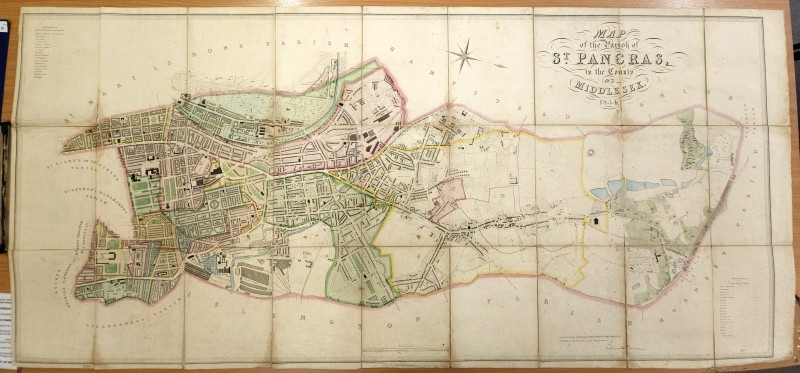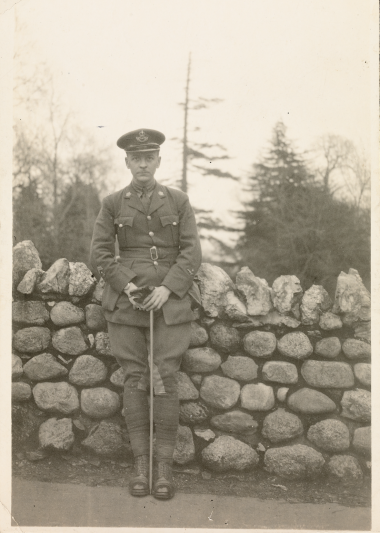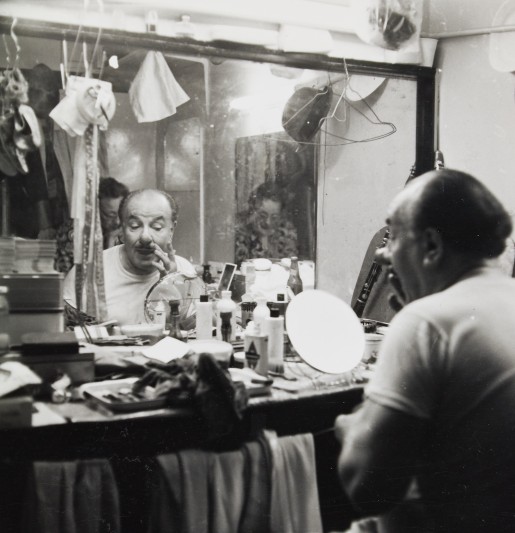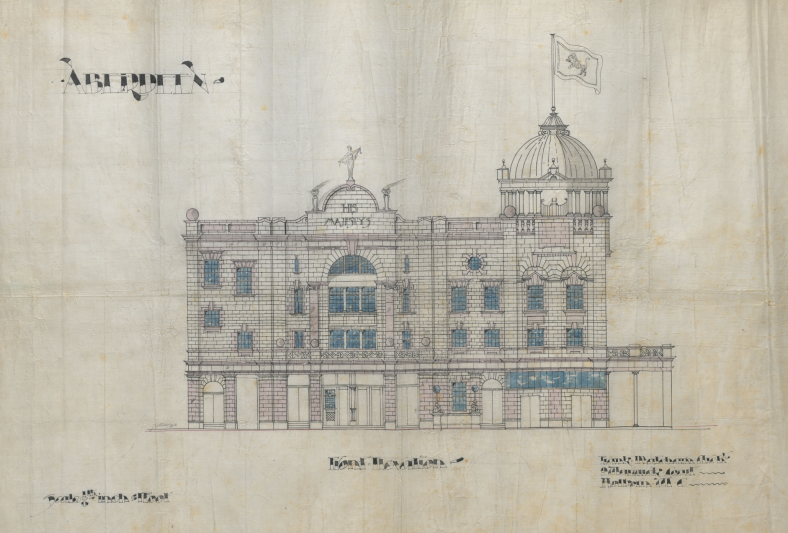The Carnations manuscript provides a fascinating, personal insight into early 18th-century floristry and religious belief, from shoemaker and amateur botanist, Richard Hammond. The museum is rich in papers from the 19th- and early 20th-century botanical and horticultural clubs but material is very sparse from the 1700s. There is relatively little information about early florists and few records exist detailing the societies to which they belonged. As such, this manuscript is incredibly rare and invaluable in illuminating this period of the history of horticulture in Britain and beyond.
Search FNL grants since 1931
This single letter ties Thomas Hardy’s career as a budding architect to one of the key Dorset structures on which he is known to have worked. Athelhampton church, located some four miles east of Dorchester close to the elegant country house of the same name, was constructed in 1861-62. The plans for the church in Hardy’s own hand were purchased by Dorset History Centre in 2022 with substantial support from the FNL.
Georgina Hogarth (1827-1917) is one of the most intriguing, yet little known, women of the Victorian age both in relation to her brother-in-law, the great writer Charles Dickens (1812-1870), but also in her own right as a single woman navigating the social constraints of the age to forge and maintain a stable position for herself. Georgina moved into the Dickens household aged just 15 as lively company for the young family and to help her older sister, Catherine, in the running of the household. Over a period of nearly 30 years, Dickens and Georgina shared a home and became close friends. When the Dickens’s marriage failed and Charles and Catherine separated, Georgina remained with Dickens as ‘servant housekeeper’ but also as confidante and advisor, a role she maintained until Dickens’s death in 1870.
The Manor of Duffield Fee was a unique institution in the county. It was in effect a collection of manors under the ownership of one lord, which were managed as one administrative unit (the Fee); the manors or sub-manors lying within the Fee were Alderwasley, Belper, Biggin, Duffield, Heage, Holbrook, Hulland, Idridgehay, Southwood, Turnditch and Windley. The Lords of the Manor of Duffield Fee have included the Duchy of Lancaster (1399-1628), the Corporation of London (1628-1629), the Leche/Leech family (1629-1673), Sir Ambrose Phillips (1674-1678), the Jodrell family (1678-1891) and the White family of Salle Park, Norfolk (from 1891). A substantial portion of the Duffield Fee lies within the Derwent Valley Mills World Heritage Site, where Sir Richard Arkwright established the first water-powered cotton mills along the river. Predating the establishment of the mills by 175 years, the Duffield Fee manorial records therefore document land ownership and use in the pre- and post-industrial landscape.
As a young man in 1746, James Cook was apprenticed to master mariner and shipowner John Walker. In Cook’s time at Whitby, one in five of the population was an apprentice and the bulk of those would have been in marine trades. There was no grammar school in the town but mathematical and marine education were paramount in Whitby and Cook studied navigation in Walker’s house where he lived when not at sea.
Although the two manuscripts are half a century later than Cook’s apprentice days, they are indicative of the levels of sophisticated study expected of those who aspired to command at sea and reflect Whitby’s reputation as a ‘nursery of seamen’.
A rare map of St Pancras - a hand-coloured Edmund Daw map of the parish dating from 1854. Camden Archives had maps of the area by this cartographer for 1849 and 1860 but not this 1854 edition. Some major changes are quickly apparent from a comparison of the 1849 and 1854 maps. By the time of the later map the Smallpox and Fever hospitals shown at King’s Cross in 1849 have gone, while King’s Cross Station and its goods yard and hotel, absent from the earlier map, are all clearly shown on that of 1854.
this uniquely surviving example of large format colour printing from pre-Revolutionary France. It comprises a composite sheet of paper almost 1.5 metres long, woodblock printed in four sections and pasted together. The images are charmingly simple, using four colours stencilled over a line drawing with captions explaining the scenes in rhyming couplets explaining the scenes. Pierre Perdoux was one of the leading printers of decorated papers in Orléans, with the majority of his surviving works being smaller format items on religious subjects, and some 500 examples of papiers dominotés. Only a handful of these oversized prints are preserved.
The Chandler archive is substantial, consisting of c.130 boxes of material. The working papers of two of Chandler’s agents form the core of the archive: Brandt & Brandt in the US, and Helga Greene in the UK. Greene - Chandler’s fiancée at the time of his death - inherited his estate, and so the archive also includes a good tranche of personal papers, as well as personal correspondence between the two during the final years of Chandler’s life.
Showtown is a new museum in Blackpool which opened in March 2024; it is Blackpool’s first permanent museum and highlights the town’s rich history as a seaside home of entertainment. Charlie became one of the greatest and most creative Auguste clowns of the 20th century. He dominated the history of the Tower Circus, establishing himself as its primary attraction and Britain's most celebrated clown. The collection offers insights into Charlie Cairoli's years of training, the continuation of circus traditions, and the remarkable talents he employed.
With an audience capacity of 1,400 people, the category-A listed His Majesty’s Theatre is the largest theatre in the North-East of Scotland. Built at a cost of £35,000 and opened in 1906, it is still in use today and is one of Aberdeen’s most iconic buildings. The architect responsible for the plans of the theatre was Francis (or Frank) Matcham who specialised in the design of many well-known theatres and music halls, including the Hackney Empire, the Coliseum and the Palladium in London, as well as the Tower Ballroom, Blackpool.
